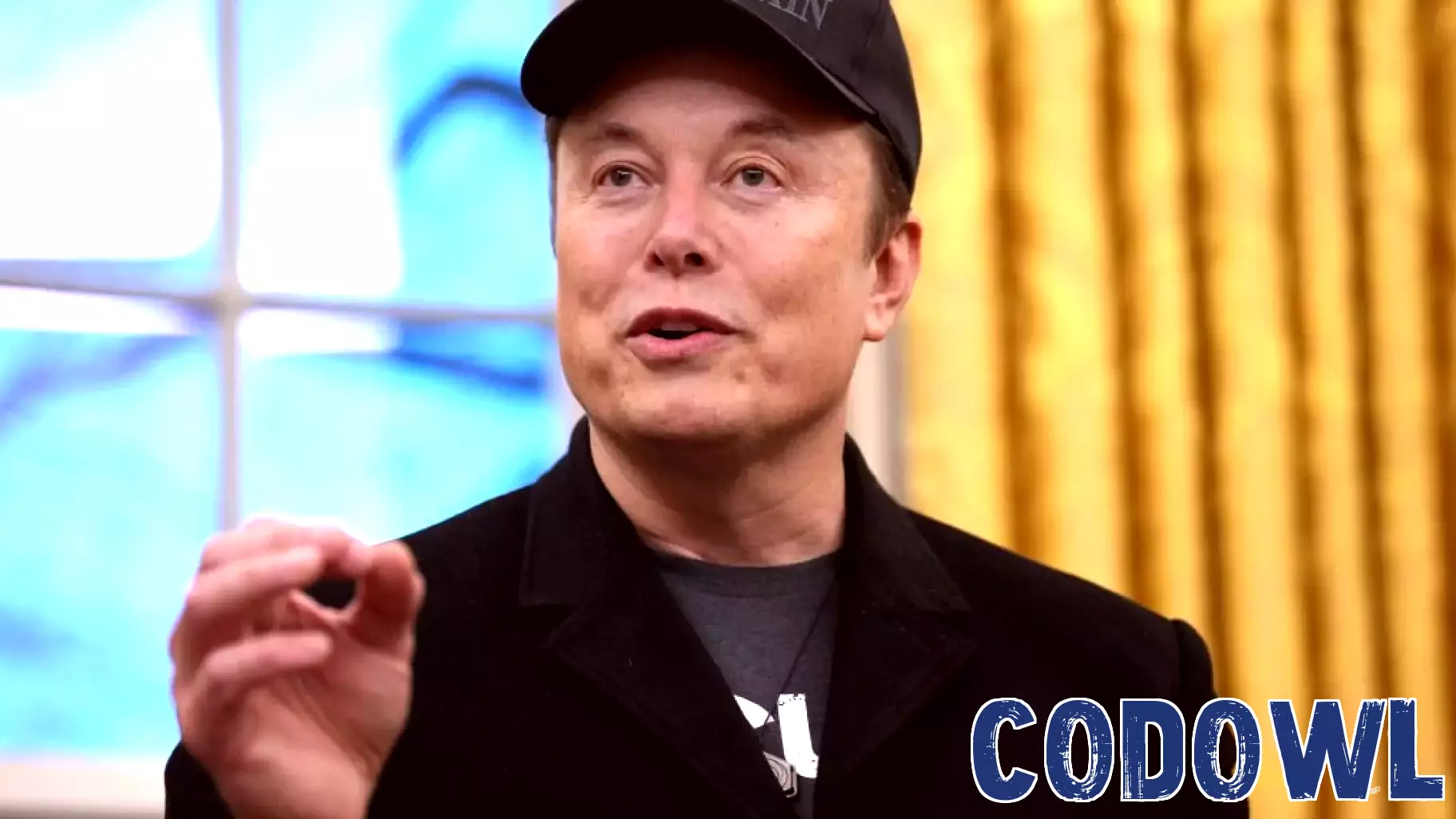The Challenges of Implementing Blockchain for U.S. Treasury Payments
February 15, 2025 - 00:59

Elon Musk's recent advocacy for integrating blockchain technology into the U.S. Treasury system has sparked significant debate. While the concept of utilizing blockchain for government financial transactions may seem innovative, the practical implications raise serious concerns. Even if security issues are addressed—an ambitious task in itself—current blockchain solutions are ill-equipped to manage the vast volume of Treasury payments.
The U.S. Treasury processes millions of transactions daily, including everything from tax refunds to social security payments. Present blockchain systems, while promising in terms of transparency and efficiency, struggle to handle such a high throughput. The scalability of blockchain technology remains a critical bottleneck, as most existing platforms are not designed for the massive scale required by a national treasury.
Moreover, transitioning to a blockchain-based system would entail significant logistical challenges, including the need for extensive infrastructure changes and retraining personnel. The potential for disruption during such a transition could have far-reaching consequences for the economy and public trust in government financial operations. In light of these challenges, the push for a blockchain-based Treasury system may be more visionary than practical.
MORE NEWS

January 29, 2026 - 01:54
Synergy Unveils Machine-Learning Power Amp TechnologyA groundbreaking new amplifier technology is set to challenge the long-standing divide between digital convenience and analog warmth. At the 2026 NAMM Show, Synergy will unveil its patent-protected...

January 28, 2026 - 00:37
OpenAI’s latest product let’s you vibe code scienceOpenAI has launched a new, freely available artificial intelligence tool designed specifically for the scientific community. The model, named Prism, integrates the capabilities of ChatGPT directly...

January 27, 2026 - 05:33
Inside OpenAI’s big play for scienceIn a significant strategic expansion, OpenAI has formed a dedicated `AI for Science` division, signaling a profound commitment to leveraging artificial intelligence as a tool for fundamental...

January 26, 2026 - 07:10
2026 Hill Prizes for Texas science, technology, health announcedSeven of Texas’s most brilliant scientific minds have been named recipients of the prestigious 2026 Hill Prizes, each receiving a transformative $500,000 award. The prizes, a collaboration...